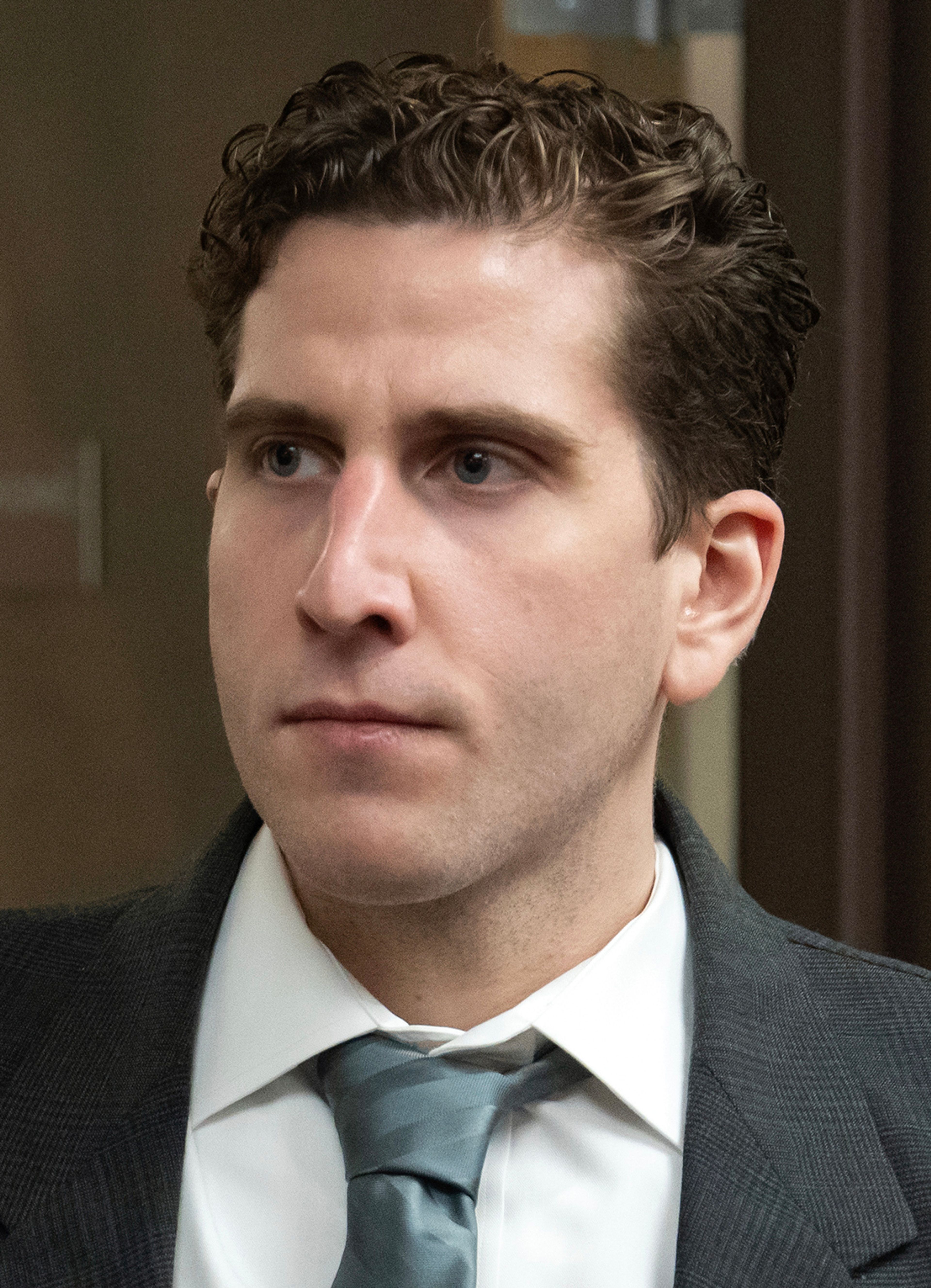BIG BUSINESS IN OREGON CROP ROTATION LEADS TO HOT POPCORN MARKET
BOARDMAN, Ore. The sign out front reads ''Wild Bill's True Value Lumber,'' but there are no planks of timber or sheets of plywood stacked for sale inside. Instead, there are clear plastic bags five feet tall and filled with one of the area's fastest growing products popcorn.
Not far from the towering pouches of popped kernels sits an old-fashioned red and yellow vending cart with the words ''Oregon Popcorn, Inc.'' painted on the side panels. The four-wheeled cart that houses a commercial popcorn popper and the big bags divulge the true nature of the business.
Sitting on a desk blanketed with stacks of notebooks and papers is a small package of the caramel-covered snack and an ear of corn partially wrapped in its husks with kernels of popped white corn spilling off the ear. Jim Brewer, president of Oregon Popcorn, sits behind the desk talking on the telephone talking about popcorn.
This year the company is in the midst of processing and marketing five million pounds of popcorn and shipping it to markets in the United States and several foreign countries.
It has become an international company, but if you call up the corporate office at Boardman, the guy answering the phone is probably the company president. There is no receptionist to schedule appointments or tell you ''Mr. Brewer is out of the office.'' There is one desk Jim Brewer's and lots of popcorn.
Oregon Popcorn began as an offshoot of the Brewer family farm. Five years ago DBS Farms needed a rotation crop for its potato farm, so they planted popcorn. But Don Brewer Jim's father and his brothers, Bill and Jerry, soon found that in order to sell their popcorn they had to develop markets for the crop.
''We had to have more product on hand to get into any of the markets,'' Jim Brewer said. Last year the Brewers grew about 400 acres of popcorn and processed and marketed the corn grown by three or four other farmers through Oregon Popcorn. Ten years ago the only corn you would find in the lower-Columbia basin would have been sweet corn or field corn.
''We happened to start during the times of a real high demand,'' Brewer said. They got into the business when the Midwest, where popcorn is traditionally grown, was in the midst of a drought. ''That gave us a foothold in the marketplace,'' he said.
''We've been able to compete in the marketplace because of the quality (of popcorn) and our location,'' he said. Oregon Popcorn is closer to many of the key markets including Taiwan, Peru, Ecuador, Canada and many Western states than the farmers in middle America. The company's office is in the Port of Morrow industrial park and much of the corn is shipped out of Boardman by barge down the Columbia River.
''This popcorn business has grown pretty fast,'' Brewer said. The unchanged sign in front of the office serves as testimony to how quickly the operation is growing. Brewer has gone from farmer and part-time entrepreneur to full-time popcorn executive.
''Most of my time has been dedicated to Oregon Popcorn and making it function,'' he said. Brewer said now he is trying to find an ''even balance'' between the volume of corn the company processes and sells and the markets available to the company. ''We've expanded quickly, and hopefully will continue to expand as markets will let us.''
Just as popcorn processing diversified the family farm, there are diverse markets for the explosive kernels. Oregon Popcorn is packaged in a variety of ways including 2,500 pound totes of unpopped corn, two-pound bags of unpopped retail product and small packages of popped and flavored corn.
The company also is starting to test the market for using popped corn as biodegradable packing material instead of polystyrene peanuts. That is where the huge bags of unseasoned dry popcorn come in.
Brewer said the application as packing material may be ''another use for our popcorn, and that's what we are trying to find uses for our popcorn.'' The tests are ongoing, but so far popcorn seems to pack well, absorb moisture and provide good cushioning for the packaged products.
The export market may be another avenue for growth. Most of the corn shipped out of country so far by Oregon Popcorn has gone to Taiwan, but some of the local crop also has found its way to South American and Canada. Brewer said there is ''major potential'' in other Asian countries such as China and Korea. But before the Chinese buy much popcorn, they would have to learn how to pop it.
Currently the company's product can be seen in some Hickory Farms stores in the Northwest and the bulk food and produce departments of Safeway at Hermiston. Local companies such as Roemark's at Hermiston, Hamley's and Underground Tours at Pendleton also have gift packs available. It also is being sold as a specialty food item in a few locations at Portland and around the state.
''We are still in expansion, there is no doubt about that,''Brewer said, but future growth will be tailored to fit the markets available.
But the Brewer family is not the only local group putting heat on the popcorn crop to see what pops. Other farmers are also using popcorn as a rotation crop, and more small business people are entering the popcorn marketing field. At least two large companies have dangled their corporate toes into local waters to see if the temperature is right to locate packaging houses in the region.
It looks like the cooker may only be starting to heat-up for the popcorn industry in Oregon's Morrow and Umatilla counties.








